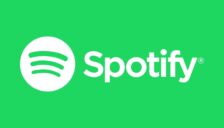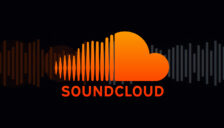Alex Moazed, writing for TechCrunch, on why SoundCloud may be more valuable than Spotify in the long run:
SoundCloud has a platform business model where its content is created by its network of users, not acquired through licensing deals. For SoundCloud, the more audio producers that join the network, the more listeners will want to join. This increase in users, in turn, incentivizes more creatives to post their music or podcasts on SoundCloud, and the network effects continue to build from there.
In contrast, Spotify is primarily a reseller of music inventory owned by record labels and publishers. It’s simply a distributor for the latest releases, sort of like a Walmart for music streaming. Most of the songs on Spotify you could find on Apple Music, Pandora or another streaming service. As a result, Spotify lacks the network effects that SoundCloud enjoys.
But what if Spotify, or Apple Music (or Facebook, or YouTube), adds in the features that SoundCloud currently provides? Does SoundCloud have a monetization strategy that can scale or do they risk being a just a feature in someone else’s business?




